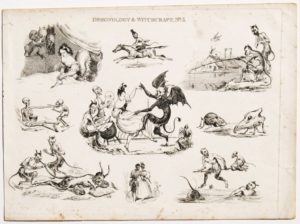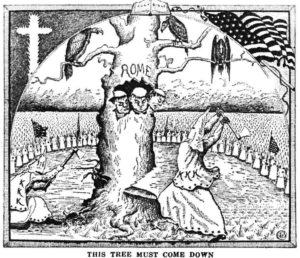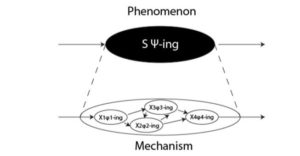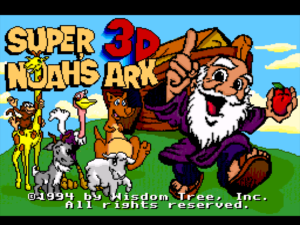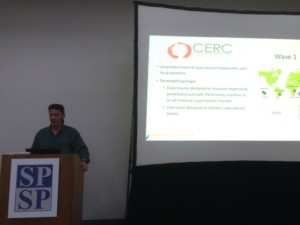
Timeless Yoga and Sinister Yogis: David Gordon White’s Brief History of Yoga
The current proliferation of studies exploring the development of contemporary yoga can be seen as a direct challenge to popular perceptions of yoga as a timeless and unified practice which are reproduced (often as a marketing ploy) in non-academic contexts.
Research on the history of yoga has steadily grown throughout the past two decades, focusing primarily on developments and transformations since the height of the colonial period in India.

